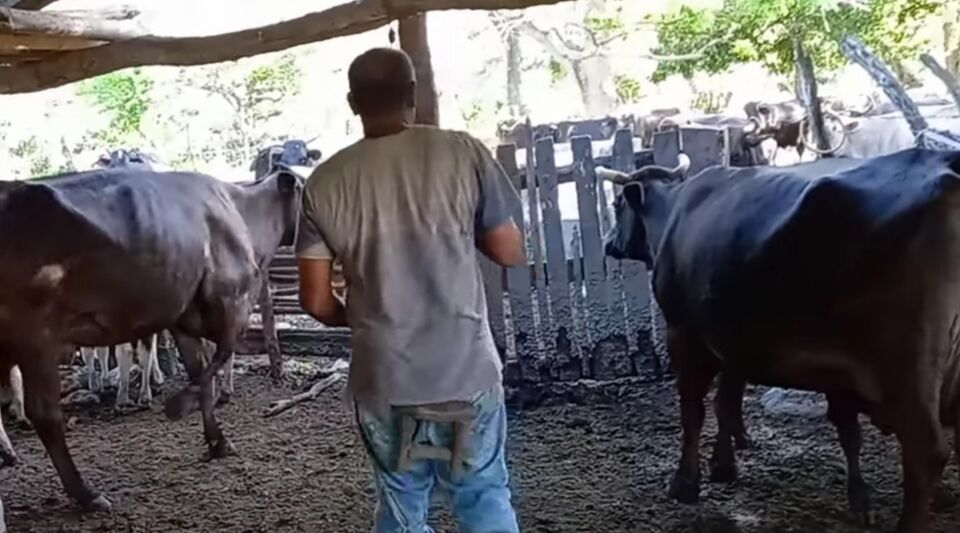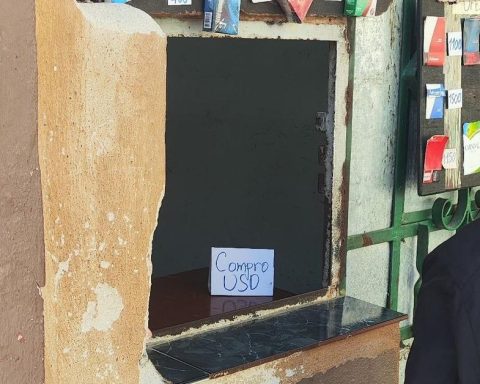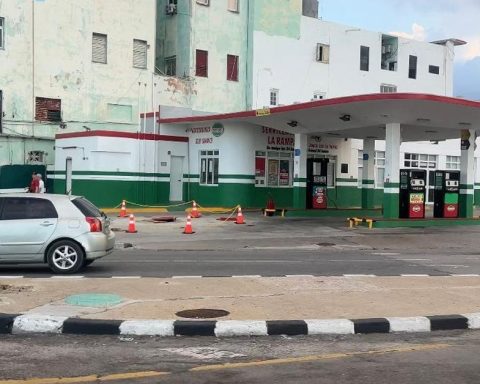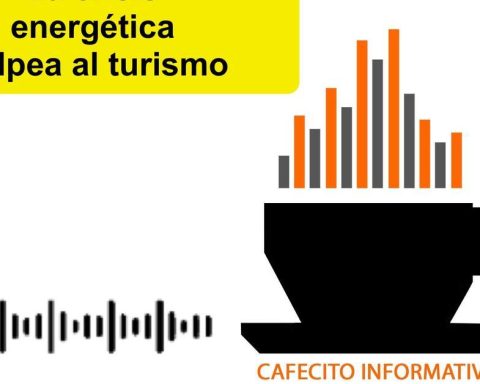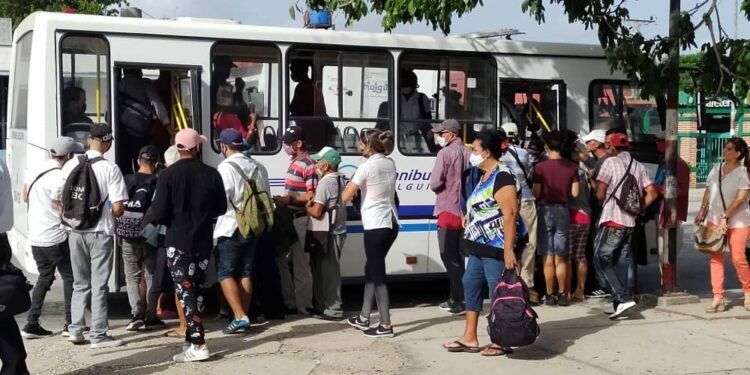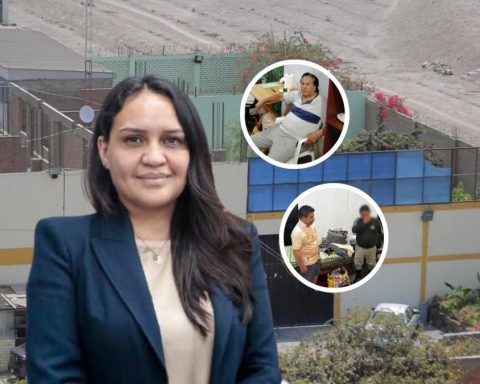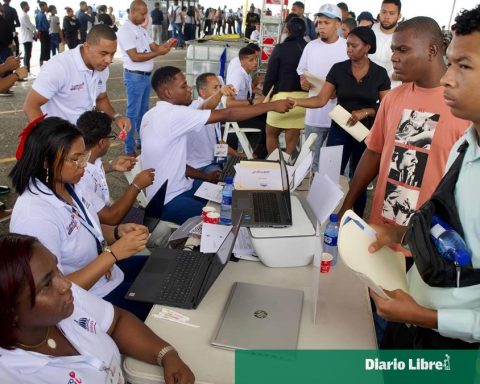The farmers of Ciego de Ávila have stood up and prefer to pay the State the 10 pesos fine per liter of milk not delivered rather than sell it to them. This is what Leonardo Pérez Rodríguez, sub-delegate for Livestock in the provincial delegation of Agriculture, admits, who acknowledges serious problems in contracting with producers. A few days before the beginning of 2023, only 33% of the milk could be contracted and “there are still some 8 million liters to go”.
This 2022 has not ended well in the province, according to the authorities, who place the milk deficit at 3 million. “We are going to deliver more than a million and a half compared to 2021; however, we must not comply with what was agreed in 2022, which was higher,” he says.
Osvaldo Morales Batista, director of Dairy in Ciego de Ávila, explains that the northern area, from where the largest amount of milk usually came, “carts are practically empty.”
Osvaldo Morales Batista, director of Dairy in Ciego de Ávila, explains that the northern area, from where the largest amount of milk usually came, “carts are practically empty.”
According to his calculations, the vehicles arrive with approximately 18,000 liters –although in recent weeks they have been carrying only 11,000– which is barely enough to cover the medical allowances, which demand 15,000. “What would be left for delivery to children under seven years of age?”, he wonders. rhetorically the text from Invasivewhich captures the situation.
The note recalls that the situation was already seen coming in May, when the commercial director of Dairy, Yulema Yero Pérez de Corcho, stated that only with the 34,000 liters per day that they obtained, it was not possible to fulfill all the orders. At that time, Sancti Spíritus was sending between 10,000 and 20,000 liters because it was unable to process its milk due to “problems in its industry.” Since then, the situation has worsened.
Morales Batista adds that milk is arriving in Ciego de Ávila from other parts of the country, which he did not specify, and that he could try to cover the demand with imported powdered milk, but that the situation “is not sustainable.” Between 2015 and 2019, the Island spent more than 600 million dollars on powdered milk, a product that it imports mainly from New Zealand (whole) and Belgium (skimmed).
Although the authorities point to the drought as one of the causes for the drop in the amount of milk delivered, even they do not hide that the root lies in the farmers’ discontent with the State. Misleidy Abad Modey, the first secretary of the Party in Majagua, calls for “sincere exchanges” after the Dairy left to accumulate three months of debts with the ranchers.
In contracting, they point out, they have seen how there are “ranchers who have gotten up and left, others who have not attended the call in their productive base, even those who have raised in advance, with total naturalness, paying the industry the 10 pesos for each liter not delivered to be able to dispose of the production”.
The newspaper affirms that the director of the Lácteo was “astonished” about these events, although he admits that it is a great encouragement to be able to sell each liter on the left for 100 pesos, obtaining a profit ten times higher.
. Nexy Véliz Naranjo, a member of the Provincial Bureau of the Communist Party, affirms that it is mandatory to comply with the plan, since the State handed over the land in exchange for the production
The worst, in any case, is the recognition that there is no proposal to improve the situation. Nexy Véliz Naranjo, a member of the Provincial Bureau of the Communist Party, affirms that it is mandatory to comply with the plan, since the State handed over the land in exchange for production, but at the same time assumes that, “even rescinding the land tenure, nor is it guaranteed that, wherever these cows go, each one contributes its 2.5 liters of milk per day”.
The problem that Invasor addresses today occurs on a national scale, as verified by 14ymedio in a reportage Posted on December 11. In the text, a producer from Camajuaní, Bruno, recounted that the majority of ranchers he knows deliver 80% of their production to the plan and sell the rest in the informal market to make a profit and pay the fine. “That does not fail,” he assured, “but we will have to see how long it lasts.”
In the text, several ranchers in the area commented on the problems they face to comply with contracts that demand more than what can be given with the current resources and the money that the State offers, without taking into account non-payments. For this reason, many are leaving the sector or investing what they have in other less controlled ones, which will reduce the supply of milk. The fish that bites its tail.
________________________
Collaborate with our work:
The team of 14ymedio He is committed to doing serious journalism that reflects the reality of deep Cuba. Thank you for accompanying us on this long road. We invite you to continue supporting us, but this time becoming a member of our newspaper. Together we can continue transforming journalism in Cuba.
